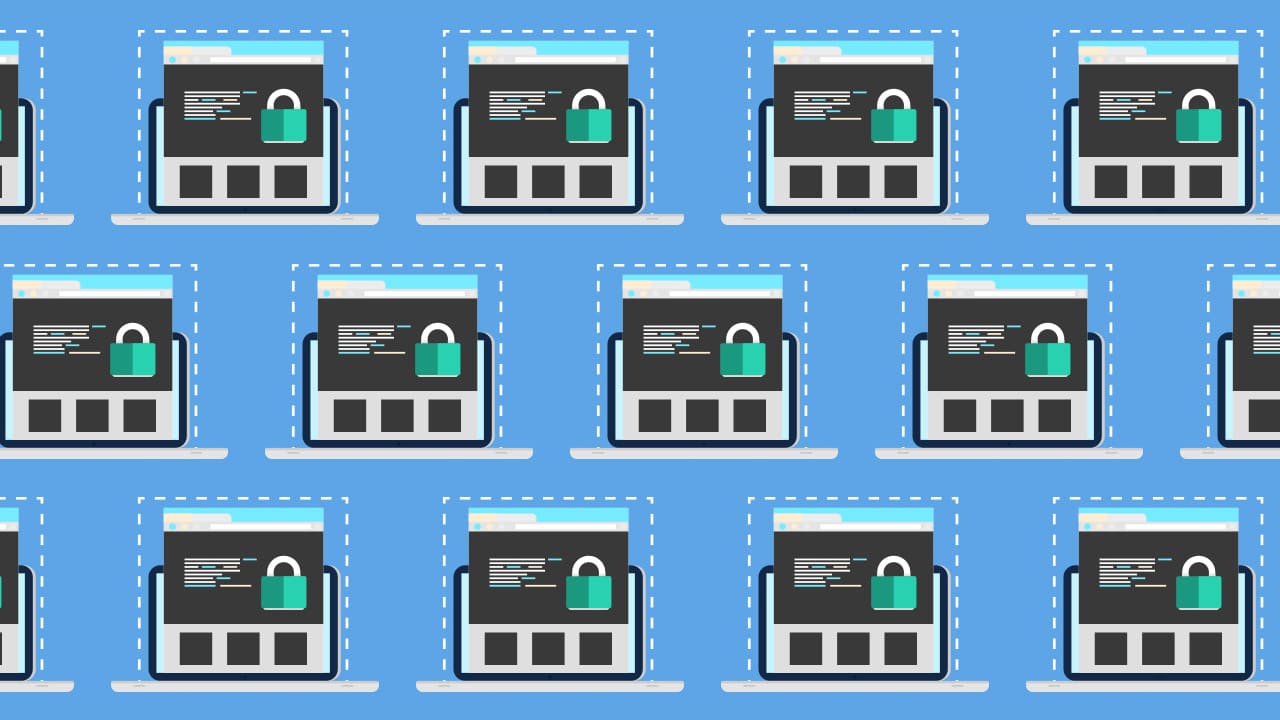Proposals for broad surveillance powers and criminalization of speech put journalists, human rights defenders, and dissidents at risk.
CC-by 4.0 Access Now, EFF, ARTICLE 19, Epicenter.works, and Global Partners Digital.
On Thursday, April 13, at 10:00 PT, 13:00 ET, 19:00 CEST, experts from Access Now and four international allies will brief reporters on the grave threat to human rights posed by ongoing UN cybercrime treaty negotiations that could lead to broad surveillance powers, criminalizing online speech, and enabling hacking by police agencies.
The one-hour briefing will be livestreamed from the fifth session of treaty negotiations in Vienna, where representatives from over 100 Member States will meet to discuss a negotiating document reflecting their suggestions for the treaty. The document lacks strong commitments to human rights and detailed conditions and safeguards that are needed to protect the rights of individuals and organizations around the world.
Without that, there’s ample wiggle room for government authorities to, for example, access personal data with no independent or judicial oversight, and use electronic surveillance to interfere with the rights to privacy and freedom of expression in ways that violate international human rights law.
The draft’s scope needs to be narrowed and include specific human rights protections. As it stands, it creates over thirty new cybercrime offenses, including half a dozen that would make it a crime to send or post legitimate content protected by international law. This goes far beyond what states are allowed to restrict under international human rights standards. Most concerning are overly broad provisions seeking to criminalize speech on the basis of fake news, extremism, incitement and terrorism. International human rights law already provides clear guidance on how to address many of these issues.
Many states already fail to uphold rights to privacy and use surveillance and cybercrime laws to target journalists, human rights defenders, whistleblowers, and other individuals based on their political views. There is a genuine concern that, in an effort to persuade all states to sign the proposed UN cybercrime convention, poor human rights practices may be accommodated, leading to a race to the bottom in protecting the fundamental rights of people for years to come.
Speakers from Access Now, EFF, ARTICLE 19, Epicenter.works, and Global Partners Digital, all participants in the UN negotiations, will discuss the draft’s most alarming language, provide insight into the potential impact on users and tech companies, and update reporters on civil society’s calls for revisions and improvements to the text, which may be discussed and approved in the next several months and taken up by the UN General Assembly early next year.
WHEN:
April 13 at 10:00 PT, 13:00 ET, 19:00 CEST
Link (via Press Club Concordia): https://us02web.zoom.us/j/83201172658?pwd=SFhlQUxmbXIxS1pnTE0vUDgxWTZMZz09
Meeting ID: 832 0117 2658
Passcode: 13042023
SPEAKERS:
Raman Jit Singh Chima, Senior International Counsel and Global Cybersecurity Lead, Access Now
Katitza Rodriguez, Policy Director for Global Privacy, EFF
Barbora Bukovská, Senior Director for Law and Policy, ARTICLE 19
Tanja Fachathaler, Policy Advisor, Epicenter.works
Ellie McDonald, Global Engagement and Advocacy Lead, Global Partners Digital
MODERATOR:
Thomas Lohnninger, Executive Director, Epicenter.works
RESOURCES:
- EFF’s submissions to the UN Ad-Hoc Committee facilitating negotiations
- Global Partners Digital’s submission to the fourth and fifth session of the Ad Hoc Committee
- ARTICLE 19’s submission to the fourth session of the Ad Hoc Committee
